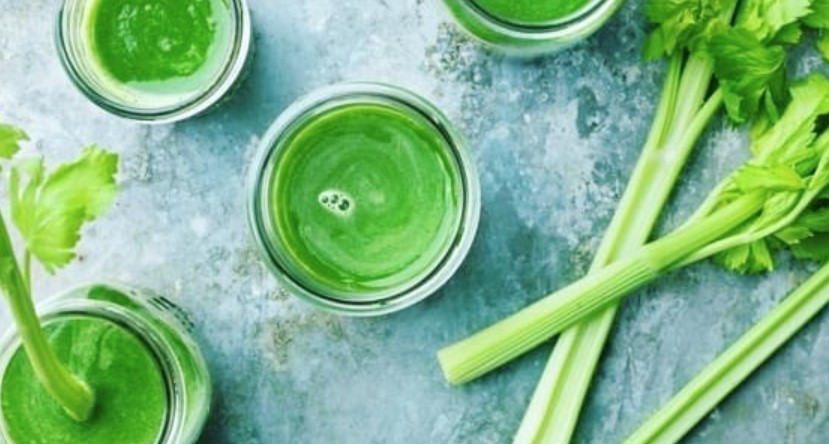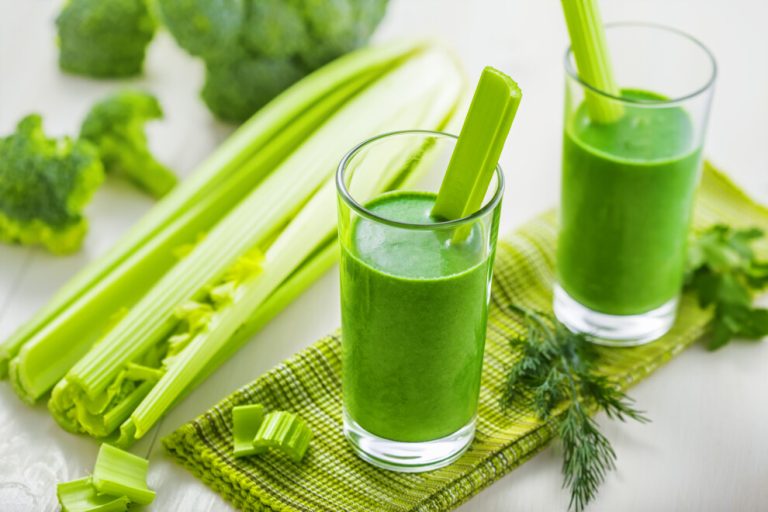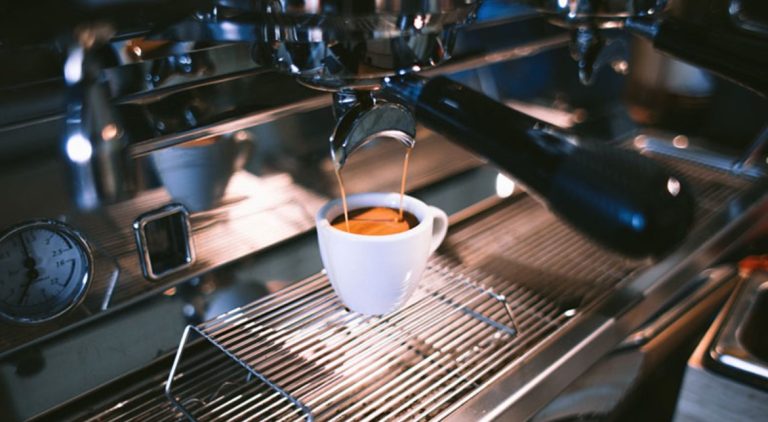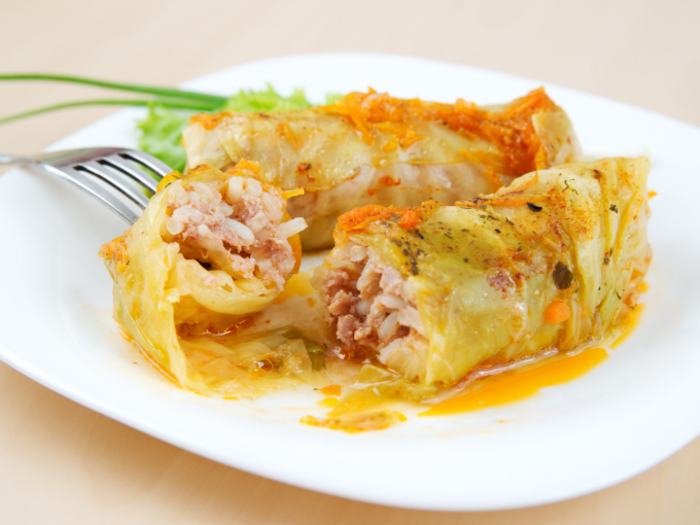Celery juice is a well-known “miracle drug” in the fitness world. But does the juice work or is it just a myth? Here you can find out everything you need to know about the effects of celery juice. We also show you how to make it.
Celery is a versatile and healthy vegetable. There is celeriac and celery. For celery juice, use celery sticks, also known as celery sticks, and they are in season from May through November. So you can buy it regionally almost all year round. If you then also pay attention to the organic seal, you have done everything right when shopping.
Effect of Celery Juice

Celery originally comes from the Mediterranean region. Celery juice is extracted from celery. Because of its healthy ingredients, celery is suitable for a healthy and balanced diet. In addition, 100 grams of celery have just 18 kilocalories.
Among other things, celery contains many minerals and vitamins. It is rich in:
potassium
magnesium
sodium
calcium
antioxidants
Vitamin A
vitamin C
vitamin k
Vitamin D
Vitamin B1
Vitamin B2
Vitamin B6
Since celery juice is obtained from raw, unprocessed celery, the healthy ingredients are retained. The body can absorb them almost completely through the juice.
Why celery juice is healthy
Eating celery raw has the following benefits:
Being low in calories and fat, celery juice can help you lose weight. The fiber also fills your stomach and can prevent cravings.
Due to the essential oils (terpenes), celery is said to have an antibacterial effect.
The oils and the bitter substances they contain are also said to support digestion, calm the stomach and counteract slight stomach pains.
In addition, celery has a slightly draining effect. As a result, taking celery juice can help the body get rid of unwanted fluid buildup.
Important! Not everyone can tolerate celery juice. You should seek medical advice beforehand, especially if you have kidney disease or are pregnant.
Make celery juice yourself: ingredients for the recipe
You can easily make celery juice yourself at home. For a serving of about 350 milliliters of juice you need:
about 400 g fresh celery
a blender/blender/juicer
a strainer and filter cloth or nut milk bag (to strain out the solids after pureeing if you don’t have a juicer)
If you like, you can refine the pure celery juice with other seasonal vegetables or fruit. Just try what you like best. Go very well with celery juice:
Lemons
carrots
Parsley and other green herbs
Beetroot
apples
Making celery juice: The preparation

How to prepare the celery juice:
Remove the stalk.
Peel and trim the celery stalks.
Cut the stalks into pieces about 2 centimeters in size. If you work with a juicer, the pieces can stay longer (depending on the model).
Blend the celery (and optional other ingredients) in the blender on high until fairly runny. Depending on how you feel, you can add about 100 milliliters of water. You can do the same thing when you work with a hand blender. If you have a juicer, skip this and the next step.
Strain the pureed celery through a filter cloth or strainer to get the pure juice.
It is best to drink the fresh celery juice immediately.
If you don’t drink it right away, you can store it in a sealed container in the fridge for about 24 hours.







